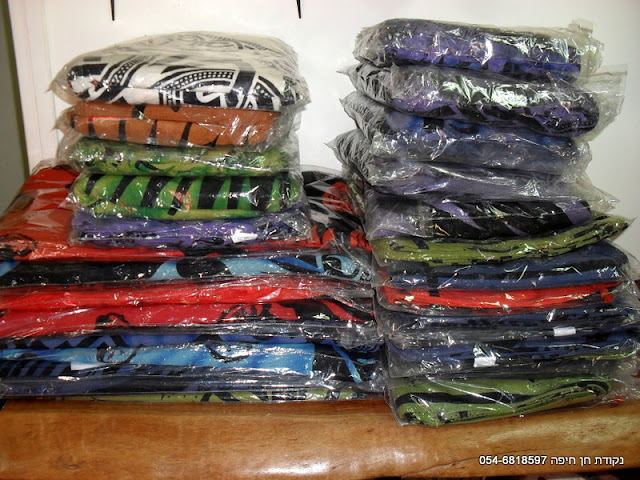









The first German troops came to assist the Ottoman Army in 1914 and 1915 were Pioneers, who assisted in the construction of roads in Sinai. In December 1914, a Tropical Medical expedition was sent to work with Turkish sanitary units in Palestine to combat epidemics of typhoid, typhus, dysentery and cholera.
Once Serbia had been conquered, it became possible to send large quantities of equipment and munitions to the Ottoman Armies via the Danube River and Balkan railways. A detachment of specialist troops and officers, the Asia Korps, was assembled to increase the Ottoman Army's effectiveness in the use of equipment they hitherto lacked. In March 1916, the "Pasha I Expedition" set out for Palestine. The various units of the expedition included:
* Infantry Battalion 701
* Infantry support gun sections 701, 702, 703
* Machine gun company 701
* Asia Korps Cavalry squadron
* Pioneer detachment 701
* Pioneer company 205 (from the Hessian 11th Pioneer Battalion)
* Flying detachment (Fliegerabteilung) 300 ("Pasha")
* Mountain Signal detachment 27
* Survey section 27
* Medical section
Fortress Railway Construction Company No. 11 and Railway Operating Companies Nos. 44 and 48 were also deployed to assist the Turkish railway authorities on the lines of communication.
In April, the 300th Flying Detachment ("Pasha") was stationed in Beersheba with 14 Rumpler C.I aircraft. The other troops of the expedition joined them there in April. The Flying Detachment was subsequently stationed in El Arish and Bir El 'Abd. After Turkish defeats in the First Suez Offensive and Battle of Romani, they subsequently fell back to Beersheba and Ramallah.
On 11 March 1917, after the Fall of Baghdad to the British Army, the Ottoman Army assembled an Army Group codenamed Yilderim ("Thunderbolt", the nickname of Sultan Bayezid I) to recover Baghdad. The German Army increased the strength of the detachments with the Ottoman troops by despatching a second expedition, "Pasha II" under Major General Werner von Frankenberg zu Proschlitz, in August. Following Ottoman defeats in the Battle of Beersheba and Third Battle of Gaza in late October, the Yilderim group was diverted to prevent further collapse in Palestine. After the capture of Jerusalem in December, further reinforcements were despatched, including substantial fighting ground formations.
The German troops forming Pasha II, and subsequent reinforcements were under the administrative control of the 201st Infantry Brigade commanded by Major General Werner von Frankenberg zu Proschlitz, and included:
* Infantry Regiment No. 146 (Masurian)
* Infantry Battalions 702 and 703. Together with infantry 701
* A Jäger battalion, subsequently withdrawn to Germany.
* Flying detachments 301, 302, 303, 304 (Bavarian), 305
* Fighter squadron (Jagdstaffel) 55
* Mountain Signal detachment 28
* Pasha II Intelligence detachment (Nachrichtenabteilung)
German staff officers with signal and other personnel formed a Corps headquarters within the Ottoman Eighth Army in Palestine, which was also termed the "Asia Corps", although it is also referred to in Turkish histories as the "Left Wing Group", commanded by Colonel Gustav von Oppen.




















































